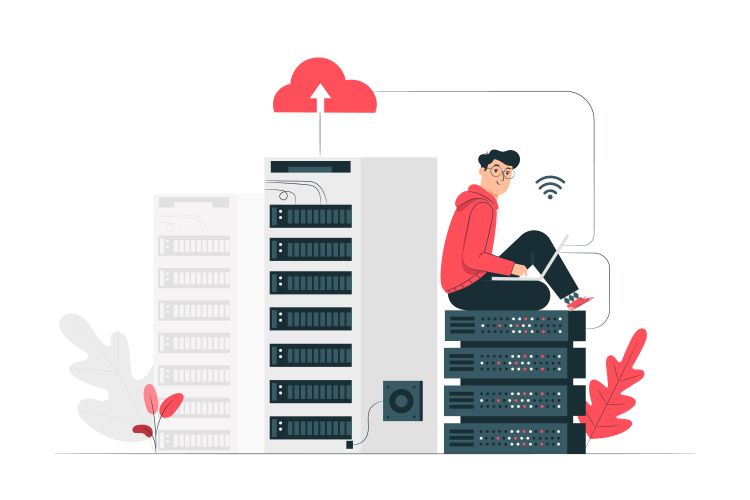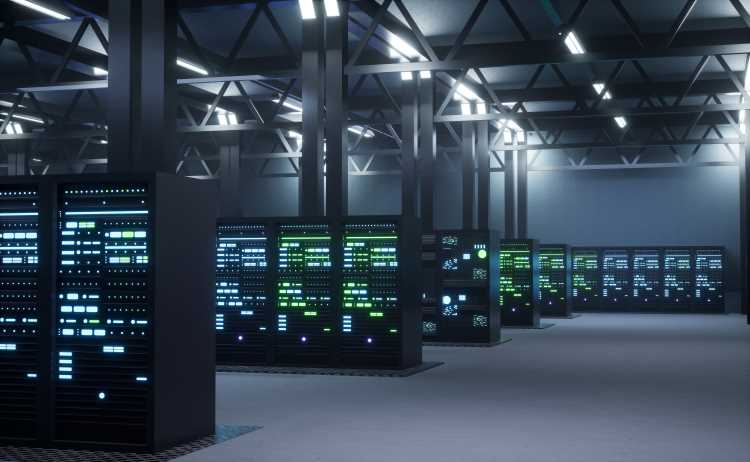Data management has become more and more important in recent years. Thankfully, with the advancement of technology, companies and organisations have resources. For the most part, they find that solutions are best by way of making use of the cloud. However, many security issues have been raised regarding public clouds. This is why plenty of companies have taken the leap to make use of data centres instead to serve as the “home” of their information technology (IT) infrastructure.
There are several types of data centres, however. Some solutions are on-premises, while others are off-premises. In certain cases, a private data centre is chosen. In other situations, there’s a colocation data centre at play.
Colocation
When it comes to IT, colocation is a term that doesn’t have a clear-cut definition off the top of people’s heads. Colocation is generally when the physical servers of a company are placed in a third-party data centre. Ownership and server control traditionally remains with the client, of course. Infrastructure and rack space is what is basically rented out. The responsibility of managing the servers daily then falls under the facility, including cooling and power provisions. Maintenance and connectivity concerns on the basic level will also be addressed by them.
It should be noted that colocation isn’t available with every single data centre out there. After all, colocation services require more space than usual. Here are some ways to tell colocation data centres apart from private data centres:
Differences with Infrastructure
There’s a lot of customer needs out there, and colocation facilities are made to meet them. Infrastructure in those facilities is deliberately versatile for older legacy equipment to be incorporated alongside the latest technology’s high-density servers. Expertise matters as well, in order to make precise assessments of customer cooling, power and space requirements.
Differences with Remote Hands
One of the best ways to ensure that clients are confident in their decision to take on colocation is reassurance. This is best done by having constant remote hands services available at all times all year round who can provide on-site expert technicians as needed. A server going down at 2AM, for example, will be easily and swiftly addressed by colocation providers.
Differences with Site Monitoring
As previously mentioned, when it comes to colocation, the servers are still owned by their customers. This is why full transparency is crucial as well as visibility for asset monitoring. Real-time metrics on the likes of power usage and traffic as well as reports can help create better collaboration between the data centre and company or organisation.
Conclusion
Colocation, in general, is a great IT strategy move for any business, whether it’s a startup or a large company. It allows for a company or organisation’s physical servers to be stored in third-party data centres that can also carry out basic maintenance. However, ownership and control of these servers are still under the client’s jurisdiction. Differentiating colocation data centres from private data centres is a matter of looking into their infrastructure, remote hands, and site monitoring.
Are you trying to find colocation racks whose performance you can rely on? Binary Racks provides Colocation Rack at three data centre locations in Europe, Asia and the Middle East. Our data centres are located in major cities, including London, Istanbul and Cairo. Contact us today!






